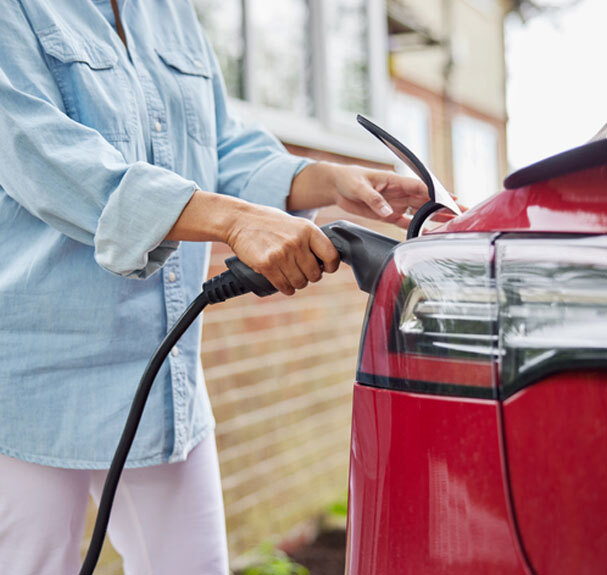
Governor Moore Announces Maryland’s Adoption of the Advanced Clean Cars II Rule to Combat the Effects of Climate Change
Maryland recently adopted the multi-state Advanced Clean Cars II rule, which constitutes a major step towards improving the air quality within the state along with combating the effects of climate change. The announcement was made by Governor Wes Moore earlier this month.
The regulation requires automotive manufacturers to continuously increase the share of electric cars and vehicles they sell every year. The target is to reach a share of 100% for light trucks and passenger cars by the year 2035.
Governor Moore announced the adoption of this rule, saying, “Today, we’re talking about a major transformation that is going to define this administration—and that’s how we turn Maryland from a state powered by oil and gas to a state powered by clean energy.” He also added that he was confident that the state of Maryland can and will be leading the clean energy revolution.
The state of California was the first to adopt the vehicle emissions standards mentioned in the Advanced Clean Cars II rule. This was done by using the state’s unique authority under the federal Clean Air Act. Other states have since followed suit, with Maryland being the latest addition to the list. According to Hemet Car Accident Lawyers, such measures would not only help in combating emissions and combating climate change but may also reduce the number of traffic crashes due to the advanced safety features present in electric vehicles.
Maryland is already recognized as a national leader in the country when it comes to combating greenhouse gas emissions without slowing down its economic growth. In fact, the state has the most ambitious climate goals among all the states in the US. And the Advanced Clean Cars II rule, in combination with state and federal incentives, is all set to be one of the key emission reduction measures adopted by the state.
As per an analysis by Maryland’s Department of the Environment, it is expected that by 2030, the new regulation will reduce the number of conventional vehicles being sold in the state by 383,000, and this figure will be close to 1.68 million by 2035.
The analysis also estimated that the adoption of the rule will reduce nitrogen dioxide emissions in the state by over 6000 tons between 2026 and 2040, while the amount of carbon dioxide released by power plants and vehicles will be reduced by over 82 million metric tonnes. By 2040, these significant reductions are expected to result in lesser cardiovascular and respiratory diseases too.
Serena McIlwain, Maryland Department of the Environment Secretary, said that “The Advanced Clean Cars II regulation is a big step toward cleaner air and a more aggressive response to the threats posed by climate change.” She added that this regulation will help the state meet the goals of its Climate Solutions Now Act and 2030 Greenhouse Gas Emissions Reduction Act Plan while also bringing economic benefits to the residents of the state.
The Maryland Department of the Environment presented the proposal at the first meeting of the Air Quality Control Advisory Council this year to expedite the process of adopting the regulation. The council conducted a vote and recommended that the department go ahead with proposing a rule for enacting the new emission standards in the state. The department will follow the usual procedure for proposing a regulation, including organizing a public hearing and allowing the opportunity for public comments. The said regulation is expected to take effect in September this year.
According to Kim Coble, the Executive Director of the Maryland League of Conservation Voters, “By acting so immediately to advance zero-emission vehicles and reduce harmful emissions, Governor Moore and Secretary McIlwain are backing up their pledge to position Maryland as a national leader in fighting climate change and its contribution to environmental injustices.”


